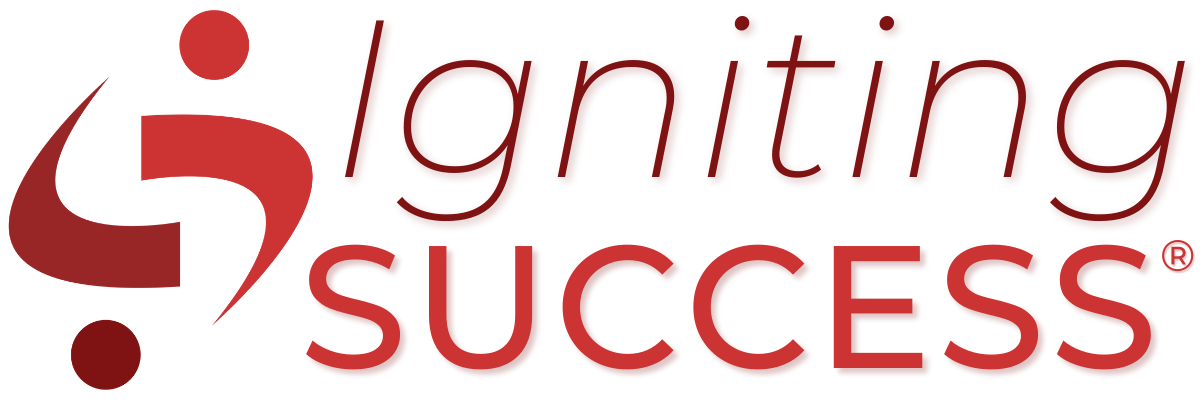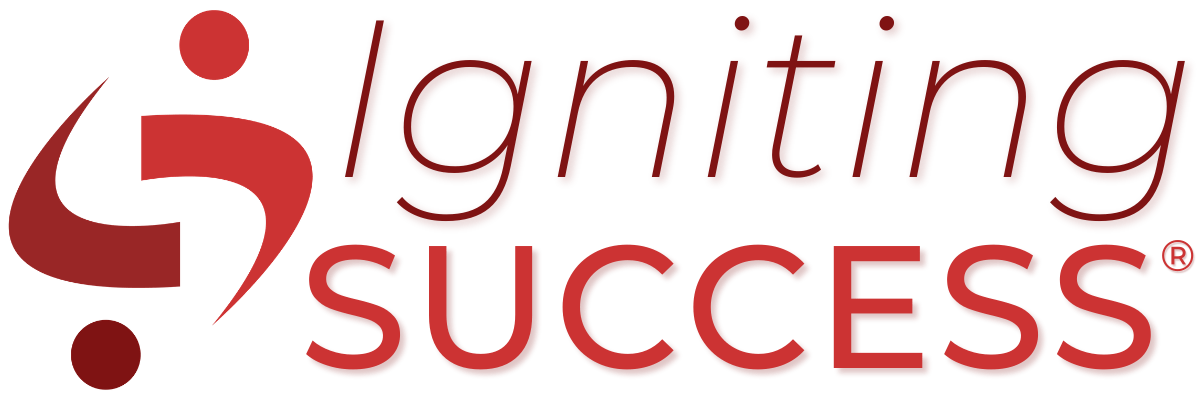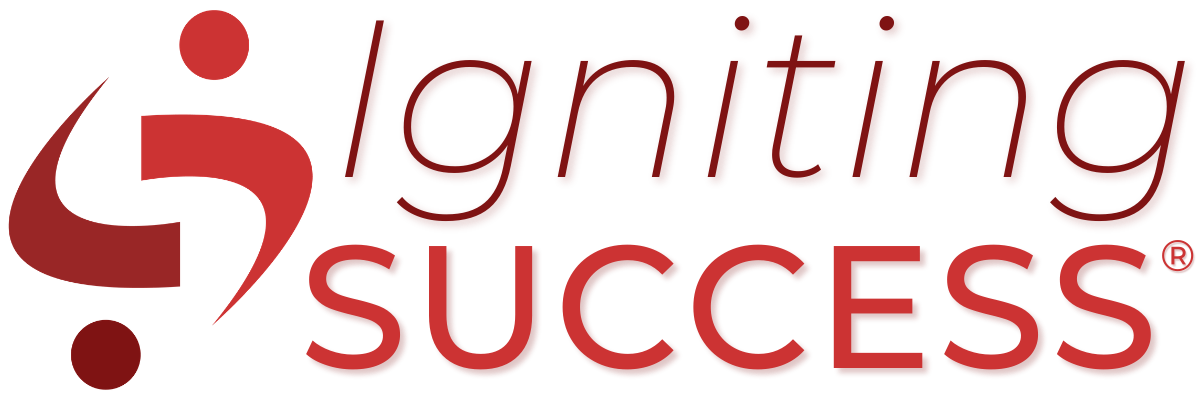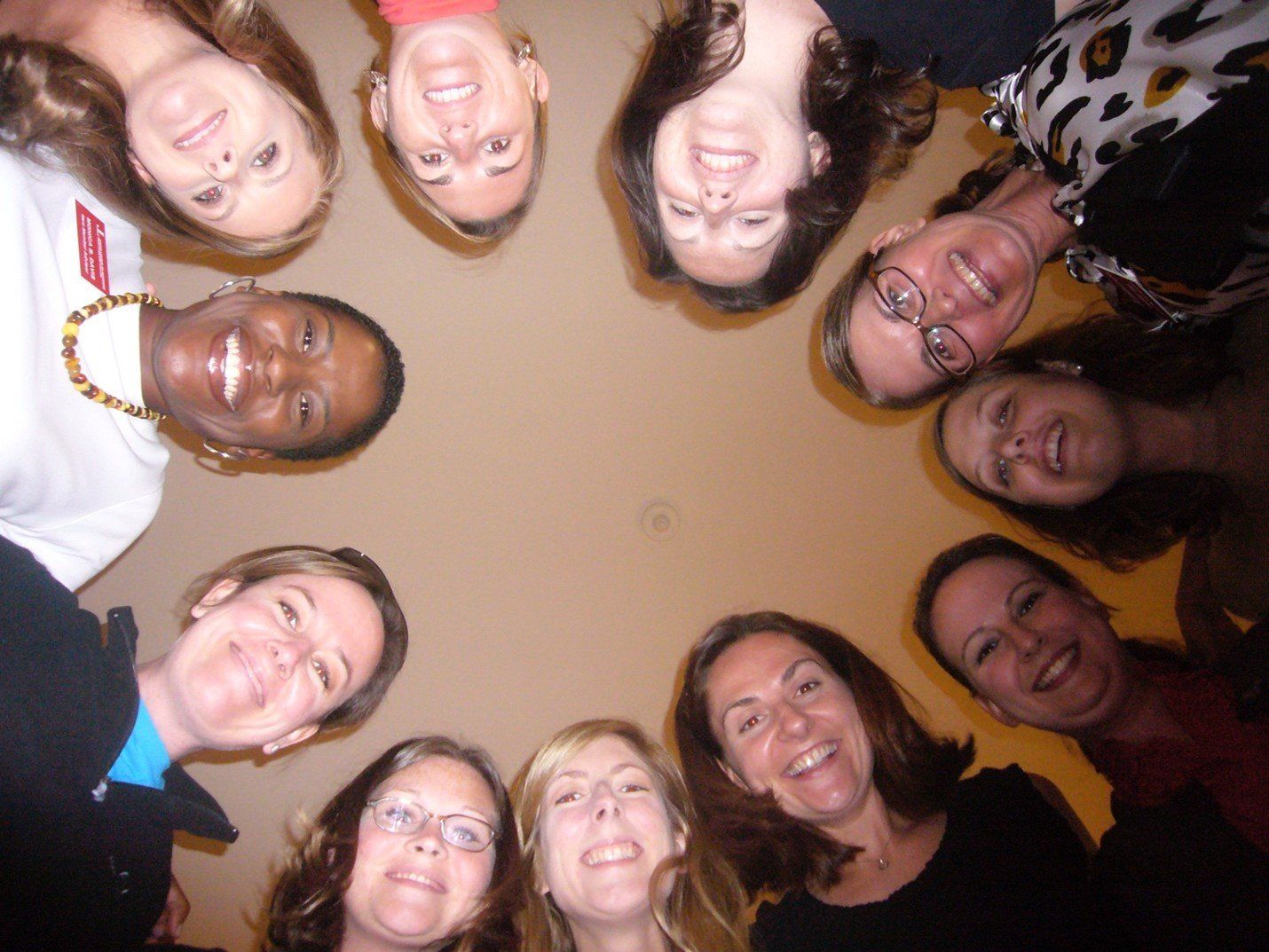Conversations are rarely neutral.
Conversations live on the spectrum of being productive to unproductive, constructive to destructive.
The primary purpose of conversation is to coordinate and effectively move action forward for the sake of reaching a goal—ideally a shared goal.
However, when our conversations are cross-purposed or we enter the conversation with an intention to prove a point, be right, or feel we need to firmly stand our ground no matter the cost, our conversations become destructive. We shift into a mood of defensiveness arising from our deepest fears that we will somehow be blamed, and possibly shamed.
Conversations can turn destructive at any point in a conversation if we are unaware of own triggers that move us from love and kindness to fear and self-doubt. And the reverse is also true, we can also shift destructive conversations into constructive ones. Ones that contribute to our well-being, engagement, interpersonal relationships, positivity, and productivity, reducing the feeling of burnout, dissatisfaction, and confusion in the precise moment the conversation is unfolding.
“One good conversation can shift the direction of change forever.” ~Linda Lambert
Here are some tips I recently shared with a group of high performers in a $750 million dollar privately held company aimed to assist them in learning how to maintain an effective executive presence in the face of challenging conversations.
- Silence doesn't signify agreement. As leaders and even members of a team, we have the responsibility to check with those who are choosing to remain silent and actively invite them to contribute without concern or fear of losing dignity. Creating a psychologically safe space to share varied points of view and perspectives increases feelings of belonging and inclusion, resulting in higher levels of creativity and innovation.
- Context is both fundamental and non-trivial; it lives in our background — a background that is obvious to us, but not others. Context informs how the content is understood and expands on the why, who, how, when of the conversation. Using the subject line of emails to set context is an easy first step in framing the listening of the recipient. An example: Action Required by Monday, 10am EDT details follow below.
- Listen with an open mind and open heart to what is being presented. Moods and emotions predispose us for the action we take. They also inform how and what we listen to and for. Before entering your next meeting or opening your next email make sure to pause and assess your mood and attitude. If you are feeling closed minded, distracted, or otherwise preoccupied and notice an unproductive voice in the background saying, “I don’t have time for this right now...” stop, breath, and check yourself. The way you listen informs the story you will make up about what is being messaged and who the speaker is. Make sure you’re listening for what speaker was intending and if you are unsure, pick up the phone and ask.
- Use emails for information sharing, not for the purpose of having conversation about a problem or get work done. Emails were never intended to replace in-person, phone, or virtual conversations where we talk through our care, concerns, and commitments.
- Invite two-way dialogue when you have feedback, wish to share your interpretations about an issue and/or an experience based on prior interactions with someone. Emails are best left for sharing information and informing on the status of tasks.
- Reduce the noise caused by emails. Get clear on your intentions of including others as copied or blind copied recipient on emails. If it is for the purpose of self-protection, e.g., “CYA”, stop! Make sure you are managing your energy and that of others wisely.
It begins with YOU.
And it can begin RIGHT NOW.
Engaging and inviting constructive conversations is everyone’s responsibility.
I trust these tips will help you in shifting your conversations from destructive to constructive, from unproductive to productive the next time the heat of the moment arises.
Share your thoughts and insights so we can learn from one another.
Here’s to Igniting Success (yours and ours) and living a life less ordinary every day!
To learn more, go to the “The Book” on Igniting Success website and sign up for an advanced signed copy of my debut book Discover the Matrix: Integrity is the Hallmark of Leadership due out in early 2023











